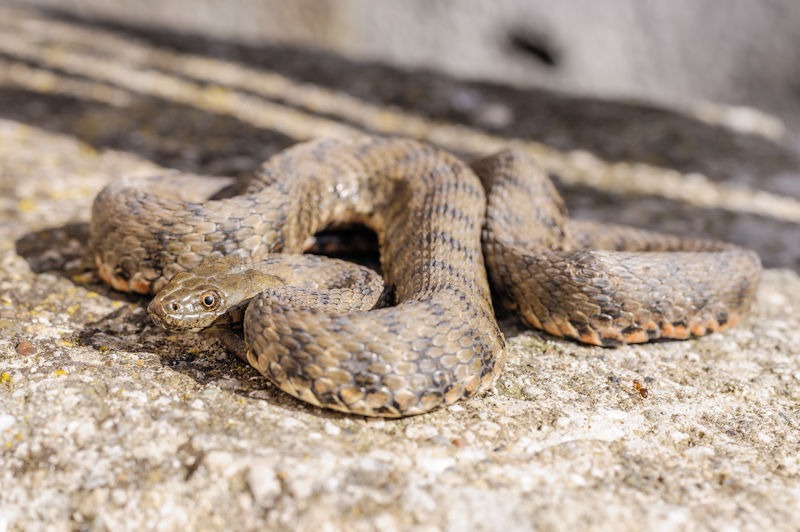Owning a home is a dream for many, but it comes with its own set of challenges. One such challenge that often goes unnoticed until it becomes a problem is the delicate balance between home ownership and wildlife. As urban areas expand and encroach upon natural habitats, the coexistence of humans and wildlife becomes increasingly complex. This is where animal repellent services step in as unsung heroes, ensuring harmony at home while safeguarding the delicate ecosystems that surround us.
Protecting Property and Peace of Mind
One of the primary reasons homeowners seek animal repellent services is to protect their property from wildlife intrusion. Unwanted guests in the form of raccoons, skunks, or even larger animals like deer can wreak havoc on lawns, gardens, and structural elements of a home. Animal repellent services employ humane and effective methods to deter these creatures without causing harm, offering homeowners peace of mind and protecting their investments.
Imagine waking up to a beautifully manicured garden only to find it ravaged overnight by foraging wildlife. This is a reality many homeowners face, and the emotional toll of seeing their efforts destroyed can be significant. Animal repellent services act as a barrier, creating a safe zone for homeowners to enjoy their outdoor spaces without the fear of constant wildlife interference.
Preserving Biodiversity in Urban Areas
Beyond safeguarding personal property, animal repellent services play a crucial role in preserving biodiversity in urban and suburban environments. As human settlements expand, natural habitats are diminished, forcing wildlife to adapt to living in close proximity to residential areas. This adaptation often leads to conflicts as animals search for food and shelter, sometimes venturing into human territory.
Animal repellent services address this challenge by implementing strategies that deter wildlife without causing harm. By doing so, these services help maintain a delicate balance, allowing both humans and wildlife to coexist peacefully. Preserving biodiversity is not only beneficial for the ecosystem but also contributes to a healthier and more sustainable environment.
Human-Wildlife Conflict Resolution
The coexistence of humans and wildlife is a beautiful concept, but it requires careful management to avoid conflicts. Animal repellent services act as mediators in this delicate relationship, providing solutions that protect both homeowners and the wildlife around them.
For example, instead of resorting to harmful measures like traps or poisons, which can lead to unintended consequences, animal repellent services employ ethical and non-lethal methods. These may include the use of natural deterrents, secure fencing, and behavior modification techniques. By resolving conflicts in a humane manner, these services foster a more compassionate approach to wildlife management.
Environmental Responsibility and Ethical Wildlife Control
In an era where environmental responsibility is paramount, homeowners are increasingly seeking ways to coexist with wildlife without resorting to harmful practices. Animal repellent services align with this ethos by prioritizing ethical wildlife control methods.
Using environmentally friendly repellents and deterrents, these services ensure that the natural balance is maintained without causing harm to the animals or the ecosystem. This approach reflects a growing awareness of the inter-connectedness of all living beings and the importance of preserving our planet’s biodiversity.
Educating Homeowners for Sustainable Coexistence
Beyond providing immediate solutions, animal repellent services also play a vital role in educating homeowners about sustainable coexistence with wildlife. Understanding the behavior and habits of local animals empowers homeowners to make informed decisions that contribute to a harmonious living environment.
Education initiatives may include workshops, informational materials, and personalized consultations. By fostering awareness about the benefits of coexisting with wildlife, these services empower homeowners to take an active role in creating environments that are not only pleasant for humans but also conducive to the well-being of the wildlife that shares the space.
Conclusion
In the delicate dance between homeownership and wildlife conservation, animal repellent services emerge as indispensable allies. They offer a multifaceted approach, protecting property, preserving biodiversity, mediating conflicts, and promoting ethical wildlife control. As urbanization continues, the importance of these services in fostering harmony between humans and wildlife cannot be overstated. By embracing the principles of environmental responsibility and sustainable coexistence, homeowners can ensure that their abodes remain sanctuaries for both human comfort and the diverse creatures that inhabit our shared world.

